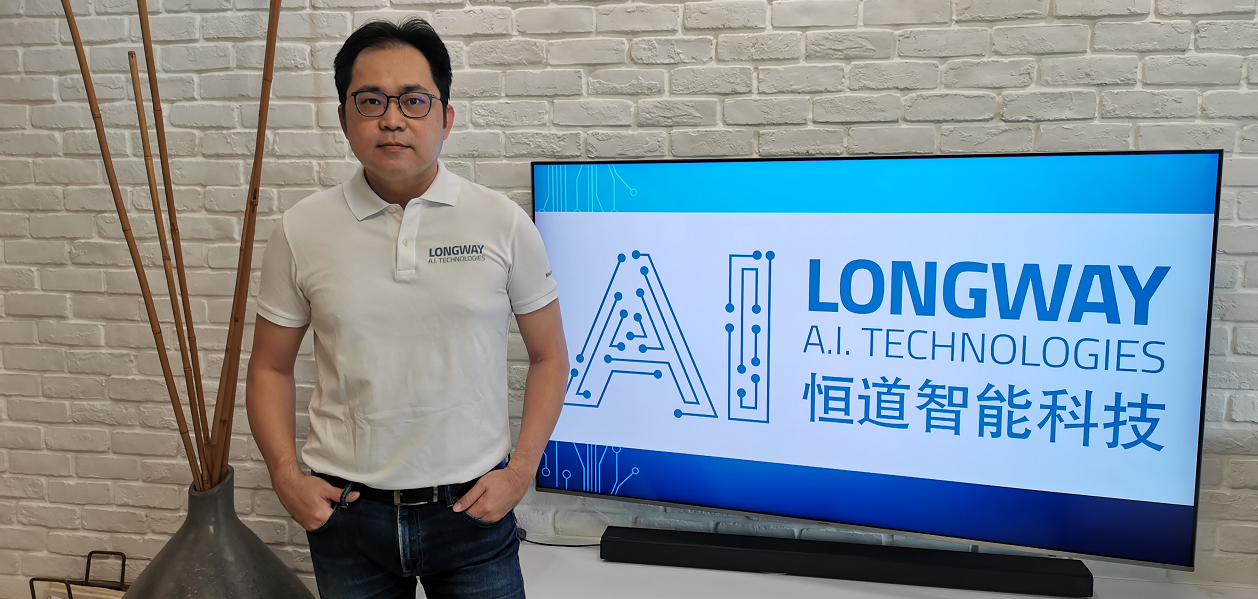Developing smart solutions through open innovation
Longway AI Technologies places customers at the forefront of its operations to deploy intelligent solutions that address real-world problems and unique market requirements.
From optimised operations to smart decision making and data analysis—artificial intelligence (AI) has the potential to provide solutions that can greatly accelerate growth in key industries.
In 2019, Singapore launched its National AI Strategy in advancing the country as a smart nation. Through a slew of programmes and investments, the initiative aimed to boost the Lion City’s capabilities in developing and deploying impactful AI solutions.
With the increasing demand for intelligent technologies, start-ups like Longway AI have taken up the mantle of providing custom AI solutions to a variety of businesses. Most prominently, the company develops AI products such as facial recognition software, thermal room sensors, monitoring platforms and elderly fall prevention systems.
Setting Longway AI apart from other solutions providers, however, is the company’s willingness to embrace open innovation. By fostering a culture of inter-institutional collaboration, the transformative potential of AI is further enhanced, allowing Longway AI’s technologies to create socio-economic benefits for Singapore.
In an interview with IPI, Longway AI Managing Director Calvin Ng shares how answering open innovation calls have transformed the way they develop valuable AI solutions.
1. What is the core competency of Longway AI?
Longway AI specialises in predictive modelling, machine condition monitoring and preventive healthcare solutions for the elderly. Through deep learning and artificial neural networks, we make sure our solutions are embedded with the best AI architecture.
2. What was the turning point in Longway AI’s history that convinced you that open innovation was the right way to go?
Initially, when we conceptualised our company milestones and future steps, we ideated from our point-of-view instead of our customers. However, since participating in open innovation calls, we have changed our strategy. Now, we strive to be closer to the market by focusing more on the perspective of the customer during the ideation process.
3. How has open innovation benefitted Longway AI thus far?
Responding to open innovation calls have helped us match our solutions to actual problem owners in the market. In turn, we have been producing intelligent solutions to meet our customers’ unique requirements. We were also able to develop intelligent products for the company with some wins from Enterprise Singapore’s challenges and grants.
4. How would you encourage a culture of open innovation with local and overseas partners?
We encourage new start-ups to fervently respond to the calls for open innovation—especially since there are institutions like IPI which help start-ups and SMEs in finding partners locally and overseas. This type of exposure to the global market can bring pleasant surprises for the company, from joint projects to business-model profit sharing.
5. Do you have any advice for local start-ups and SMEs on factors to consider before embarking on open innovation?
First, ensure that you have a technically-proficient team standing beside you—not behind you. You cannot walk alone. To tackle varying problems, you need technical expertise from many domain areas.
6. How has IPI enhanced Longway AI’s innovation journey and helped your business expand to new markets?
IPI connected us with markets overseas, granting us the privilege of working with potential partners for joint calls in various countries including the UK and Turkey. They also provided us with valuable professional advice—always going the extra mile to support us in our early formative years.
In 2022, we hope to rapidly grow our company from a start-up to an SME through the continued support of IPI—our trusted partner for innovation.

